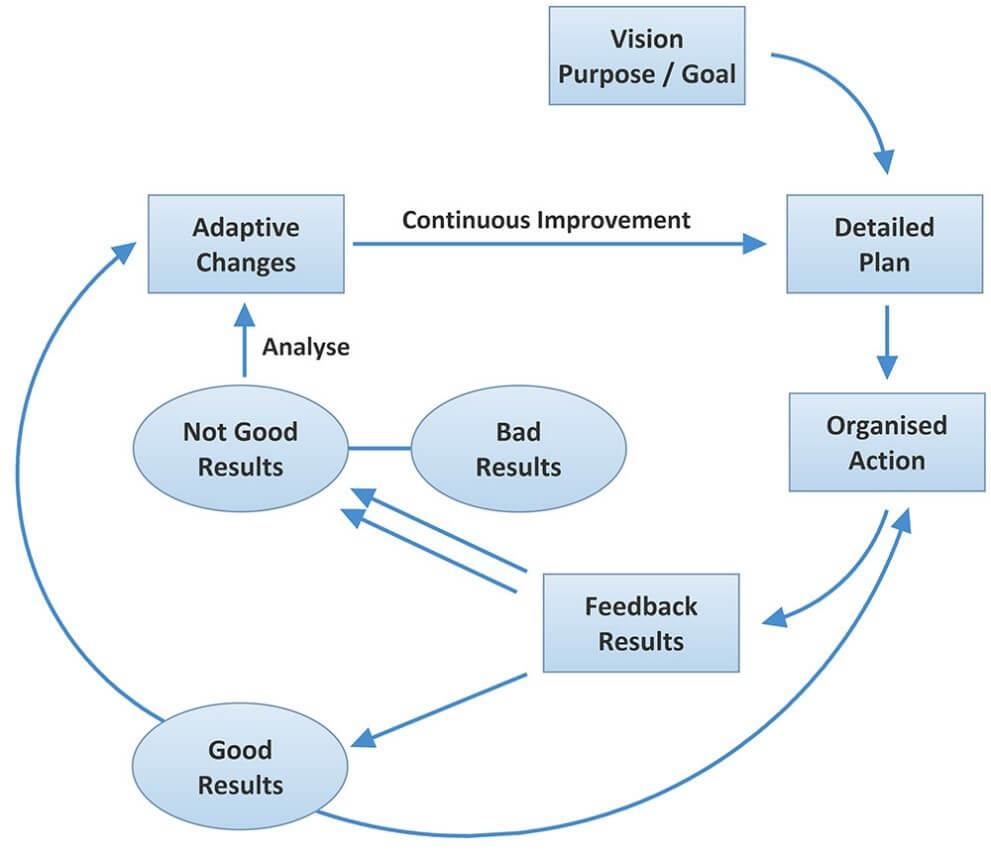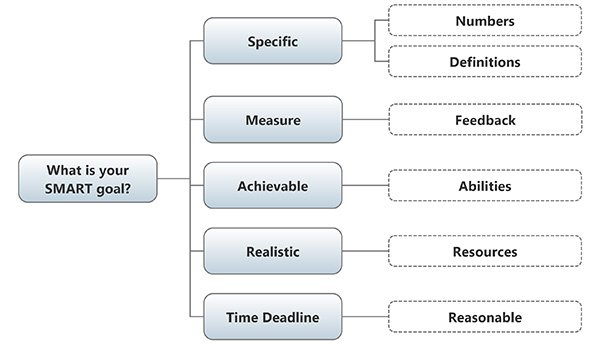What is feedback training? – Giving effective feedback course
Everyone needs feedback. Feedback is valuable information that tells people how well they are doing, with respect to their goals. Feedback comes in two kinds: positive and negative. Nearly everyone likes to hear positive feedback, but most people do not like to hear negative feedback. The problem is made worse by the fact that most managers’ delivery of negative feedback is often clumsy and poorly worded, which makes their feedback sound like being told off, or insulted.
In order for feedback to fulfil its purpose of being perceived as valuable information, managers need to communicate it in a proper way.
This course teaches what feedback is, why it's important, and how to communicate it properly to improve individual and team performance.
Contact Us Today
If you want to know more about this course, or any other Management Training Courses, or their suitability for you or a colleague, call us on 020 3856 3037 or make an enquiry online.
Customer Reviews
Fairbanks Environmental
Centerplate UK
Feedback - Giving Effective Feedback Training Availability, Pricing and Course Dates
If you have any questions, please phone us (020 3856 3037) or send us a message.
Live Online Virtual Training
- Live Online Feedback - Giving Effective Feedback Virtual Training delivered via Zoom or Microsoft Teams
- Easy to join - all you need is a laptop or tablet with a Webcam
- Learn the same skills as a face-to-face session, but from the comfort of your own home (or office!)
Bespoke Training (In-House or Live Online)
(International Price Varies)
In-House training has been designed to provide a similar experience to our open courses, however we can tailor the content to fit your specific needs.
Plus, travel and hotel accommodation for trainer if needed (Premier Inn type: not the Hilton!)
We are able to train in your timezone.
All our training includes:
- A full day of quality training, delivered by an experienced trainer
- Total of 6 CPD training hours (9am - 4.30pm), plus an additional 2-3 via post-course online independent learning.
- Full digital interactive course notes
- Training certificate
- Access to additional free training material after the course via our post-course portal
- 3 months free telephone coaching: Whilst you are implementing what you have learned, if you need to, you can contact us for support and guidance
Feedback Training - Giving Effective Feedback Course Overview
On this course people learn to master the skill of giving constructive feedback in a professional, objective, and helpful manner, resulting in improved behaviours and better results.
Feedback is information that relates the results of our recent actions to our goals, coming in two forms: positive and negative.
Positive feedback indicates that our actions are effective, moving us closer to our goals, while negative feedback signals that our actions are not effective, or even counterproductive, suggesting a need for change in behaviour and plans.
The course emphasises the essential nature of feedback, particularly negative feedback. While most people are hesitant to hear anything negative about their performance and many are not good at giving constructive criticism, this course addresses these challenges.
Participants will learn to provide feedback that is constructive rather than destructive, avoiding demoralisation or anger and causing no emotional distress.
Learning Outcomes:
- What is feedback and why is it important?
- How feedback fits into the Continuous Improvement Cycle
- How to give positive and negative feedback
- Self-Image psychology: How to build people's confidence and motivation
- How to offer constructive criticism (negative feedback)
- How to set goals and gain their commitment to improve
- Always finish on a positive - appreciate the good
Feedback Training - Giving Effective Feedback Course Details
Morning Session
What is feedback and why is it important?
How feedback fits into the continuous improvement cycle
How to Deliver Negative Feedback and Constructive Criticism
Self-Image Psychology
Objective Language
Constructive Feedback Model
Who should be present (or who should NOT be present)?
Reasons vs. Excuses
Afternoon Session
Practical Exercises
Voice Tones and Body Language
Praise and Appreciation
Goal Setting
Affirmative Language
Questions and Answers
Final Summary and Close
Register for an Online Training Session
We offer online training webinars via Microsoft Teams, please choose one of the sessions below to start your registration process:
A full day of training (9am - 4.30pm - UK time - Convert) - only £350+VAT per delegate
| Date | Platform | Cost | Availability |
|---|
Feedback Training - Giving Effective Feedback FAQs
How do I join a Corporate Coach Group course?
Is this course offered in-house?
How to give effective feedback in the workplace?
How to give productive feedback
What is the course training method? Is it interactive?
How to give negative feedback in a positive way?
What kinds of people attend this Feedback - Giving Effective Feedback course?
Companies We've Trained
Related Articles from our Team Leadership Blog
Perfect Practice for Lasting Skill Improvement
12 November 2024Discover how perfect practice speeds skill improvement. Follow six steps-set goals, focus, get feedback, visualise, practise often, stay patient-for solid .
Continue Reading >How to Re-Build Effective Teams
7 September 2021Rebuild effective teams after remote work: share a clear vision, set a solid team plan, foster respect and keep steady communication flowing for peak results.
Continue Reading >Team Dynamics In the Workplace
8 March 2021Learn how team dynamics shape workplace success. Use clarity, rational plans and a positive tone to unite personality types and boost output, profit and morale.
Continue Reading >Six Leadership Qualities Required by Team Leaders
18 June 2019Learn six leadership qualities that lift team leader skills: ownership, clear talk, collaboration, constructive feedback, appraisals and continuous improvement.
Continue Reading >













